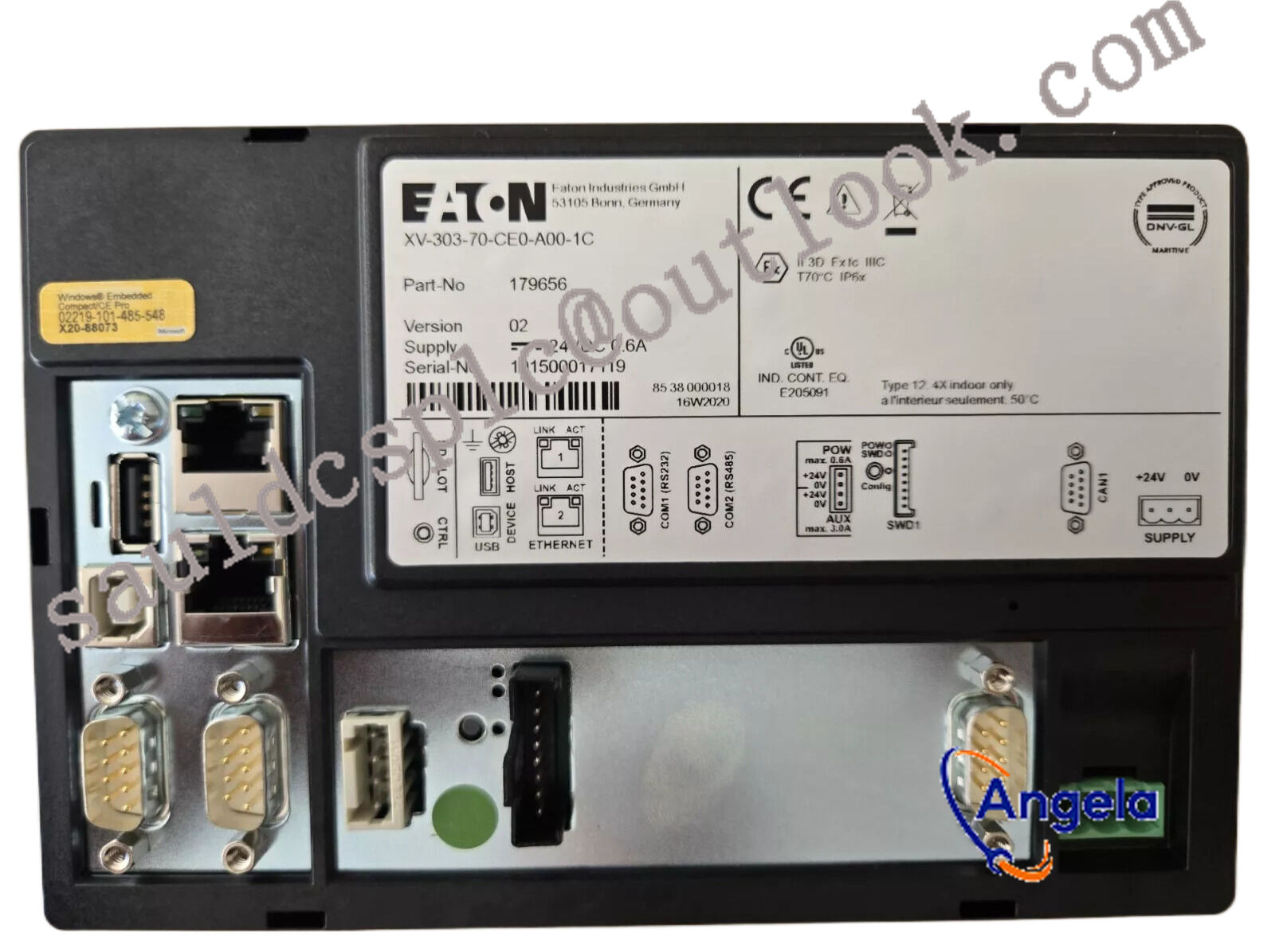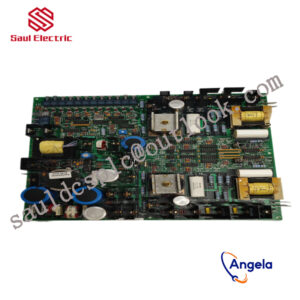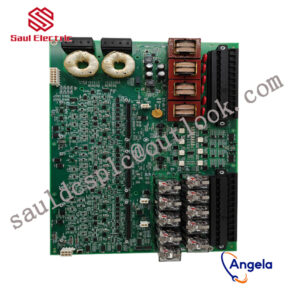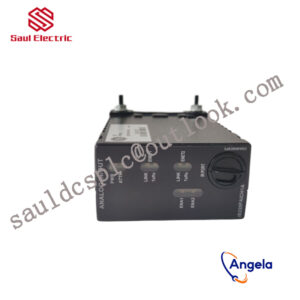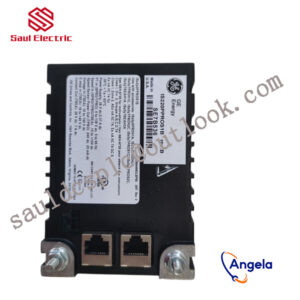Description
- 32-bit DSP digital control mode
- Low vibration, low noise, low power consumption
- Maximum output current 3A/phase
- Adopting CAN bus and supporting standard CANopen communication protocol, it can load up to 127 devices
- Supports three modes: protocol position control, speed control, and periodic position control
- Current setting, subdivision, motor start stop control, and real-time monitoring of motor operation can be achieved through the bus
- 2-channel optoelectronic isolation programmable input interface
medical equipment, various types of robots, robotic arms, automated production lines, and various CNC machine tools.
Analysis of demand for industrial robots in the automotive industryThe automotive industry remains the largest robot application industry globally, with a share of almost 30% of total supply. Investment in new automotive production capacity and modernization processes have driven the automotive industry”s demand for robots. The use of new materials, the development of energy-saving drive systems, and fierce competition among major automotive markets are the fundamental driving forces for the extensive use of industrial robots in the automotive industry.According to OICA statistics, 79% of the installed capacity of industrial robots in the automotive industry is distributed in 5 key markets: China (39,351 units), Japan (17,346 units), Germany (15,673 units), the United States (15,246 units), and South Korea (11,034 units) .In 2019, the year-on-year growth in fixed asset investment in my country”s automobile industry was around 0%, and the overall situation was sluggish. This is also the lowest situation in recent years. It is predicted that with my country”s automobile sales stabilizing in 2020, fixed asset investment is expected to bottom out and rebound, driving the industrial robot industry to pick up.Breakdown of industrial robot status in 3C industry3C is the collective name for computer , communication and consumer electronic products, also known as “information appliances”. Such as computers, tablets, mobile phones or digital audio players. The 3C industry is another important source of demand for industrial robots.In 2018, the global demand for electronic equipment and components continued to decrease, and the Sino-US trade friction had a direct impact on Asia. Asia is an important production base for global electronic products and components. The highest installed capacity of robots in the 3C industry reached 122,000 units in 2017. , dropped to 105,000 units in 2018. The installed robot capacity in the 3C sub-industry mainly comes from three countries: China (43%), South Korea (19%), and Japan (17%).In addition, 5G from the three major operators will enter commercial application in the second half of 2019. In November 2019, the overall domestic smartphone market shipped 130.47 million units, a year-on-year decrease of 1.3%. However, the growth rate has improved significantly compared with the 10.7% year-on-year decline in August. The innovation brought by 5G to smartphones will not only increase smartphone shipments, but will also drive upgrading of mobile phone technology (TWS headsets, TOF lenses, etc.), which can drive demand for 3C automation equipment and thereby increase industrial robot shipments.According to data from the China Business Industry Research Institute, in 2017, my country”s industrial robot applications in the above fields accounted for 33.30%, 27.7%, 10.8%, 7.9%, and 2.3% respectively, of which the automotive industry and 3C accounted for more than 60%. At present, both automobiles and 3C have bottomed out and are rebounding, with obvious signs of improvement in demand. It is expected that the industrial robot industry chain will rebound in 2020. In addition to the automobile and 3C industries, the downstream application fields of industrial robots also include metal processing, plastics and chemicals, food, beverages, tobacco and other industries. The market demand for industrial robots will continue to expand in the future.
XN-B4S-SBBC Eaton Display Screen
XV-442-57CQB1-1W Touch Screen Glass for HMI
XV-303-10-C00-A00-1C Eaton Display Screen
xvs-440-10mpi-1-1u EATON ELECTRIC Touch panel
XN-2AI-PT/NI-2/3 Micro Innovation touch
XN-KO/11 Eaton Display Screen
XV-102-B4-35MQR-10-PLC Micro Innovation touch
MC2-442-57CQB-1-1D Industrial Control Panel eaton
OLI362FDJA-00VT Industrial Control Panel eaton
XN-QV/7 EATON ELECTRIC Touch panel
XP-503-15-A10-A01-1V EATON ELECTRIC Touch panel
XVC-601-GTI-10-DPS-V1-000 139969 eaton touchscreen
XN-QV/8 Micro Innovation touch
XV-232-57BAS-1-10 Micro Innovation touch
XV-152-D6-10TVR-10 Eaton Display Screen
XNE-GWBR-2ETH-IP 139969 eaton touchscreen
XV-460-57TQB-1-50VAR11 Eaton Display Screen
XP-702-C0-BOX-10 Eaton Display Screen
XVH-340-57CAN-1-50VAR06 139969 eaton touchscreen
XV-442-57CQB-1-1U 139969 eaton touchscreen
XN-2DI-24VDC-N Micro Innovation touch
XV-460-84TVB-1-1O Eaton Display Screen
XN-ANBZ-RT Industrial Control Panel eaton
XN-PF-120/230VAC-D Micro Innovation touch
XN-2DI-24VDC-N EATON ELECTRIC Touch panel
XT-DVI-D-10-01 Eaton Display Screen
XVS-430-57MPI-1-10 Touch Screen Glass for HMI
OS-HDU-A4-S Touch Screen Glass for HMI
XV-430-10TVB-1-10 Touch Screen Glass for HMI
XN-KO/9 Eaton Display Screen
MTL831C EATON ELECTRIC Touch panel
XVC-101-C192K-K82-002 EATON ELECTRIC Touch panel
XP-702-D0-10TSI-10 Industrial Control Panel eaton
XP-DVI-12T-10 EATON ELECTRIC Touch panel
XN-P4T-SBBC-B Eaton Display Screen
XN-KO/2 EATON ELECTRIC Touch panel
XN-S4S-SBBS-CJ Micro Innovation touch
XV-DVI-GTR-15-000 139969 eaton touchscreen
XVH-340-57MPI-1-10 139969 eaton touchscreen
XV-303-10-CE0-A00-1C Industrial Control Panel eaton
XVS-430-12MPI-1-10 Touch Screen Glass for HMI
XV-440-12TSB-1-10 EATON ELECTRIC Touch panel
MC2-440-10TVB-1-11 Industrial Control Panel eaton
XN-2DO-R-NC Eaton Display Screen
MC2-440-10TVB-1-10 EATON ELECTRIC Touch panel
MC2-432-57CQB-1-10 Eaton Display Screen

